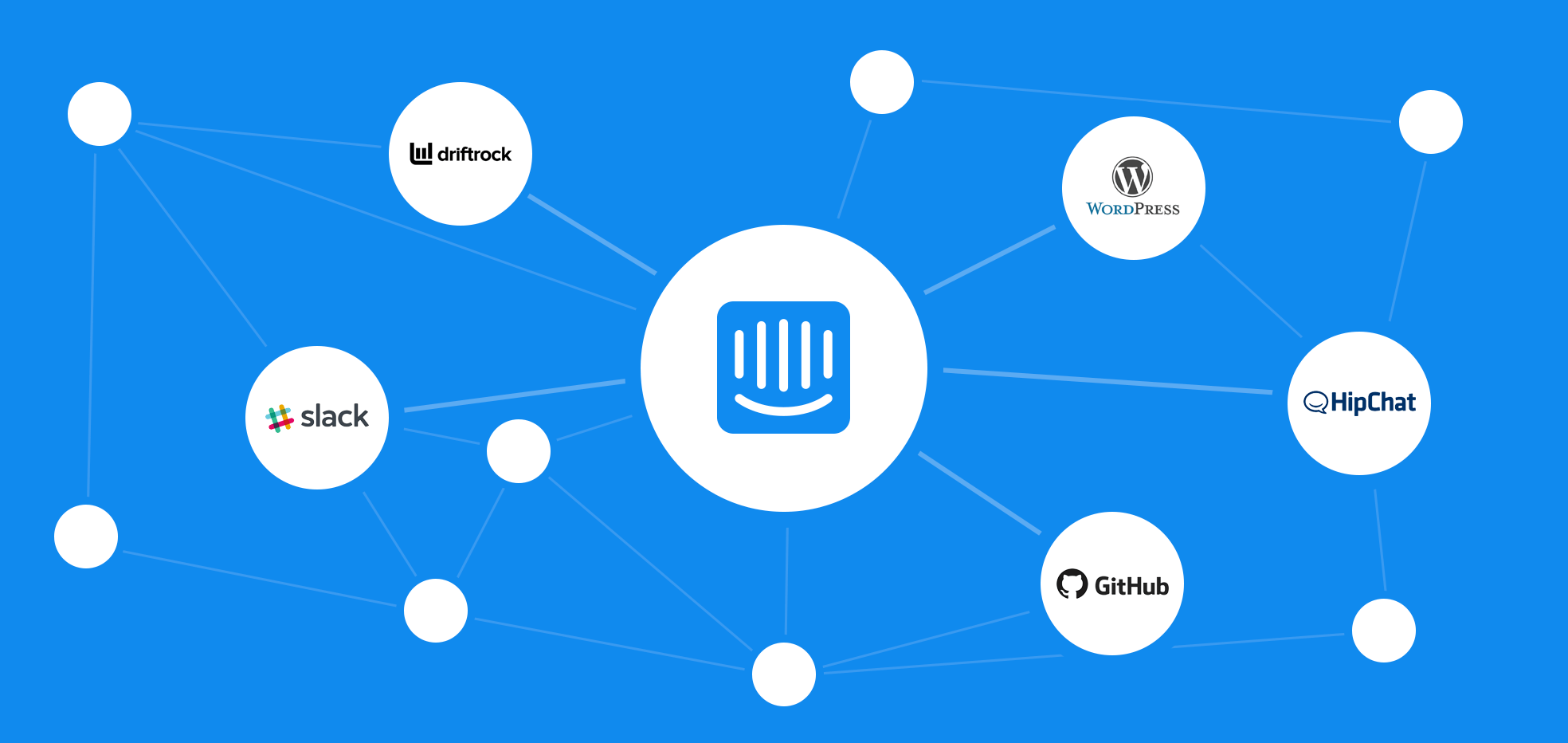
Building a developer economy around Intercom
Imagine you had the chance to create a new country and needed to design the perfect economy for it.
Building a vibrant developer ecosystem presents many of the same challenges as creating an economy from scratch. Where do you begin and what are the important factors you need to consider?
Infrastructure is usually a good place to start. Every economy has basic infrastructure needs: from land to live on, to transport and communications systems to keep the economy connected.
Laws are pretty useful too. Fair and clear rules should protect everyone who participates in the economy, whilst leaving enough breathing room for innovation, growth and prosperity.
Of course, you’ll need citizens, and this new population will likely speak a variety of different languages. As the population grows, and specialization occurs, the volume of products and services generated by the economy will grow quickly.
Trade is important. An efficient marketplace enables buyers to discover the products and services which make their lives better, and sellers to reach the growing population of buyers.
Last, but not least, you’ll need a name. And a flag – every economy needs a brand after all. In fact some might say without a beer, and an airline, it’s not a proper country.
But how does this relate to building an ecosystem for developers?
Vibrant ecosystems make for vibrant economies

The keynote at Facebook’s F8 developer conference
A 2015 report from Deloitte estimated the 2014 global economic impact of Facebook at $227 billion. Over 10% of that economic impact – an estimated $29 billion – was attributed to the “platform effect”, the development of apps and services atop the Facebook platform. Compare that to Facebook’s own 2014 revenues of $12.47 billion – the economy around Facebook is larger and worth more than the company itself.
In 2014, 660,000 jobs were created globally from the platform effect. They were created by companies like King, BlaBlaCar, and Smartly, who either built products and services solely focussed around Facebook, or leveraged the scale of Facebook, by integrating with their APIs and platform, to grow distribution of their products. Building on another company’s platform doesn’t have to put any limit on your ambitions. King recently sold to Activision for $5.9 billion..
These numbers are even more impressive when you consider how nascent the Facebook developer ecosystem is. Facebook Platform launched in May 2007, and has become increasingly open in the intervening years. Large numbers of third-party apps and services are integrated, and over 20 million are installed every day. As Facebook continues to grow and expand to include the Facebook family of apps – Instagram, Whatsapp, and Oculus – the developer economy and platform effect grows around those products too.
Building the Intercom Customer Communication Ecosystem
Providing flexibility has been a core part of Intercom’s product philosophy since the company began. When we announced our first developer APIs in June 2014, we made a huge step towards opening up our infrastructure to developers, and since then have added webhooks, OAuth, Bulk APIs, and much more.
We’ve also created new developer guidelines which are clear, fair, and provide a huge amount of breathing room for third-party developers to innovate and grow by using our APIs and SDKs. In our experience, developer terms can be overly restrictive, and focus on what can’t be done. Intercom’s new developer guidelines are a simple framework which points towards innovation opportunities, not dead ends. As the Intercom platform evolves, our developer guidelines will evolve, and we’ll try to be as open as possible with developers, letting them know about changes as soon as is practical.
To date, over 50 integrations have been built between Intercom and other products and services, and we want to continue to make it easier to build on our platform and build connections to it. In addition to our SDKs for Ruby, PHP, Go, Java, Node, and Cordova/PhoneGap, we recently built a new developer hub to make it easier for all developers to build integrations and apps.
As our customer base and developer community continues to grow, we’re exploring ways to connect the people who use Intercom every day – developers who build integrations and apps on Intercom’s platform, and customers who wish to discover integrations and apps which make using Intercom even better. Every vibrant economy needs a vibrant marketplace.
To borrow a phrase from Jeff Bezos, “it’s still day one” of our mission to build out our Intercom customer communication ecosystem. We’re much closer to the beginning than the end.
Interested in building an integration with Intercom? Join the Developer Program and get listed.






